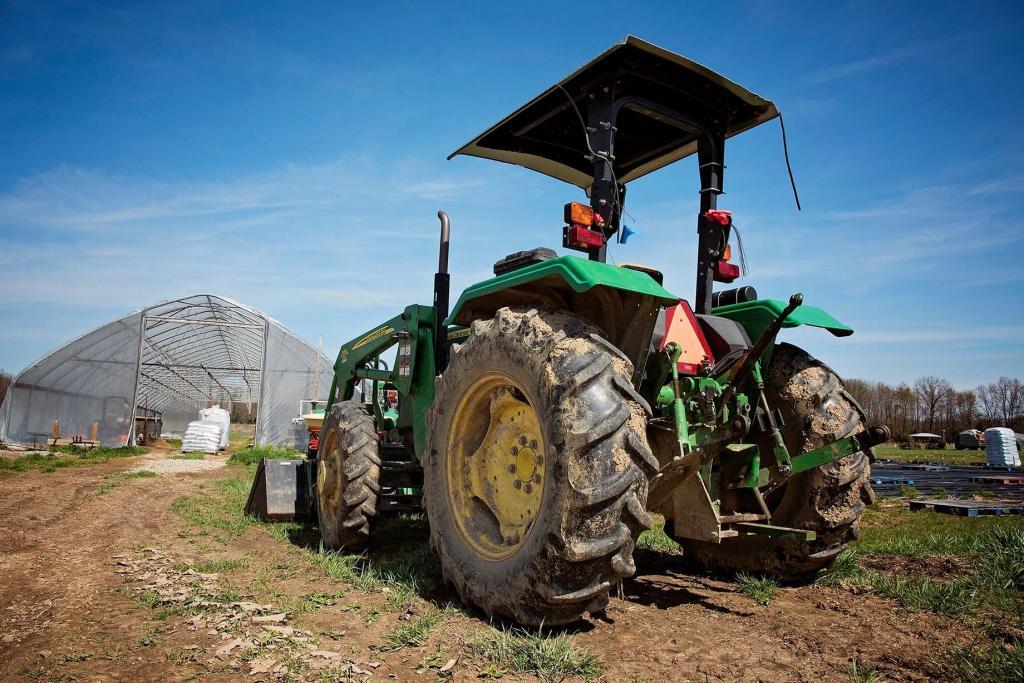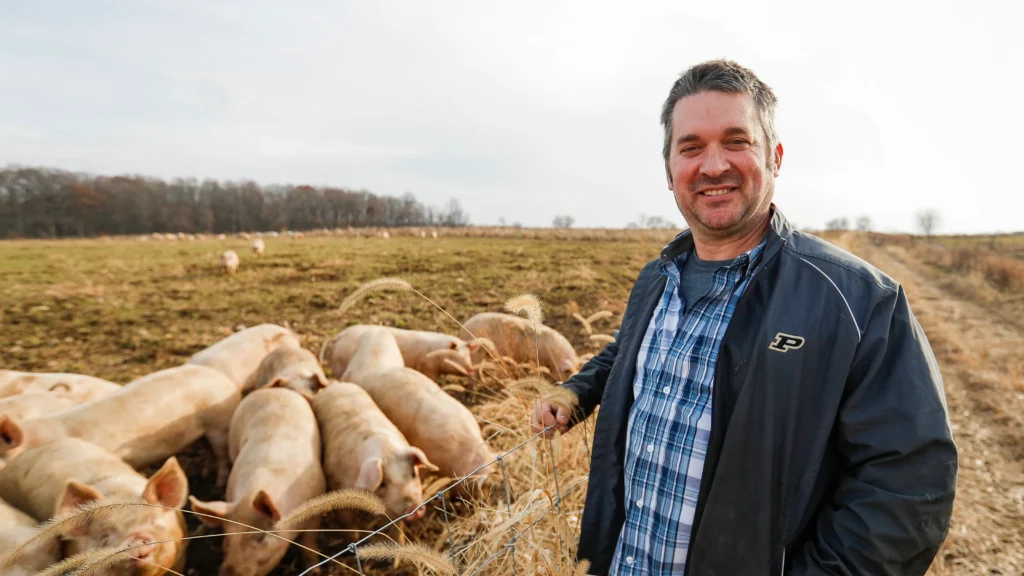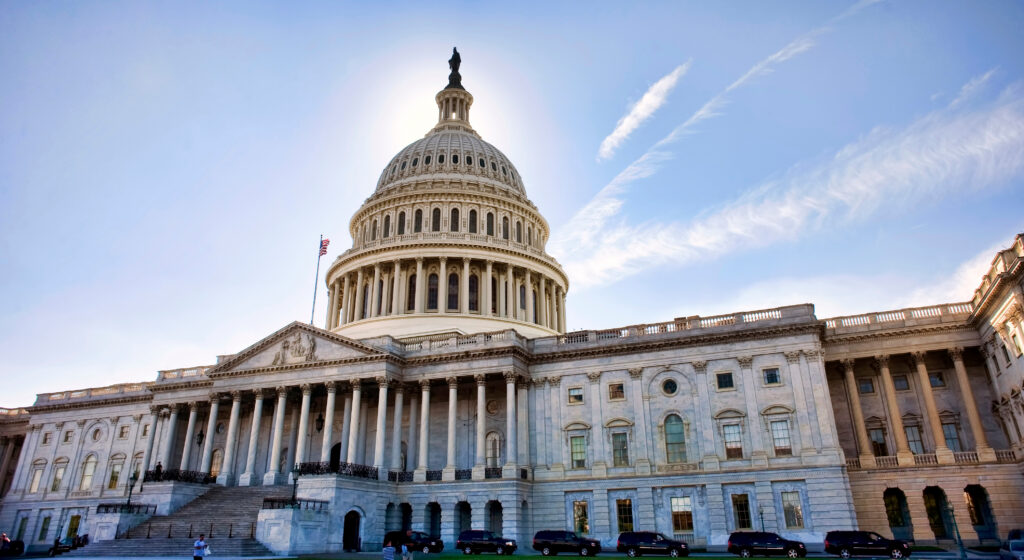Reposted from: https://prospect.org/power/2023-01-12-john-deere-agriculture-right-to-repair/
This week, the tractor giant John Deere agreed to a memorandum of understanding with the American Farm Bureau Federation to abide by certain “right to repair” guarantees for farmers. Despite these concessions, many right to repair advocates see the memorandum as little more than a sleight of hand to quell the momentum behind state and federal legislation.
The right to repair movement has grown over the past decade by championing a clear-cut principle: People should be able to fix their consumer items on their own or through independent dealers. In the consumer electronics market, however, corporate giants such as Apple or John Deere effectively force customers to go to the company’s own dealers, where costs are often so high that it’s cheaper just to buy a new product. Such firms make outside repairs all but impossible by blocking consumers’ access to the necessary mechanical parts as well as to manuals or schematics.
In the case of agricultural equipment, companies like John Deere have even threatened legal action against farmers who try to fix their own tractors, on the grounds of copyright infringement. This arrangement essentially imposes a semipermanent leasing agreement onto farmers that not only adds another overhead cost but sometimes can have dire consequences. If a tractor malfunctions or the battery needs to be replaced, it can take up to two weeks for farmers to get a John Deere technician to attend to the repair. During the height of a harvest season, that could mean losing a significant amount of a farmer’s earnings for the year.
The right to repair movement has the ear of the White House. President Biden’s competition order in 2021 directed the Federal Trade Commission to take action on this practice. While the Commission hasn’t set rules yet, it issued a policy statement in 2021 and approved final orders in October against three firms for imposing unlawful obstacles on repairs.
Though light on details, Deere’s new memorandum would make it somewhat easier for farmers to get repair service independent from the company. It would ease restrictions on machine parts from manufacturers and open up other fix-it tools, such as the software or handbooks that Deere technicians rely on.
This olive branch, however, is predicated on a major concession from the Farm Bureau, one of the most powerful lobbying forces in agriculture that advocates on behalf of farmers. The Farm Bureau has agreed not to support any state-level legislation that enshrines the right to repair in law, or creates further protections that go beyond what’s outlined in the agreement.
“That provision shows the company’s cards and makes us wary of the agreement,” said Willie Cade, an organizer for Farm Action and a right to repair advocate. “It seems targeted at taking the wind out of our sails.”
For the movement’s stalwarts, the timing of the memorandum is not a coincidence. Last month, New York state passed the first major piece of legislation on right to repair for digital products. Despite industry-friendly carve-outs tucked into the final version by Gov. Hochul, the passage of that bill galvanized other states’ efforts on similar legislation, which has now been introduced in almost every state. Many state lawmakers hoped to move forward on those bills in the first months of the year, when most legislation gets done in statehouses.
It’s not uncommon for corporations to fall back on private-sector multiparty agreements in an attempt to stave off regulation. “John Deere is using the same playbook that we’ve seen from other companies with a monopolistic position,” said Daniel Hanley, a legal analyst at the Open Markets Institute whose work on the right to repair has been cited in federal legislation.
Big Tech in particular has pursued this strategy as antitrust enforcement bears down on them. Both Apple and Google have unveiled privacy reforms that in theory make it more difficult for third parties to track users without hindering their own data collection and ad revenue. In a precursor to the John Deere memorandum, Apple began opening company-run self-service repair shops to consumers, a move that hasn’t convinced any advocates to back off, since most iPhone parts aren’t readily available at the stores.
One major problem with private-sector accords is that there’s no enforcement mechanism. If John Deere doesn’t live up to the memorandum, farmers have no path for recourse.
Moreover, the Deere memorandum also contains loopholes. The core concession is to give customers access to a service adviser software tool for procuring mechanical parts from manufacturers similar to the one that company dealers get to use for repairs. But the company doesn’t provide other tools that right to repair advocates would like to see, such as dealer technical assistance service. The memo also permits Deere to maintain certain exceptions that would deny farmer repair requests. The company can refuse to distribute certain equipment to farmers if it deems the technology proprietary or when it falls under vague criteria such as “safety controls” or “emissions controls.”
“The slippery language gives the company enormous discretion to just set policy as it goes,” said Kevin O’Reilly, the director of the Right to Repair campaign at U.S. PIRG.
Beyond their discontent with these carve-outs, farmers and their advocates have little trust that Deere will actually follow through on its agreement—a skepticism rooted in the company’s track record. In 2018, Deere issued a “statement of principles” that foreshadowed the provisions in the new memorandum. Despite that, farmers never received access to the machine parts or software they’d been promised.
“We have a bit of déjà vu since we witnessed the same Kabuki theater take place in 2018,” said O’Reilly.
Neither John Deere nor the Farm Bureau could be reached for comment.
State lawmakers around the country have taken notice of the memorandum. In Iowa, newly elected state Rep. J.D. Scholten, who sits on the Agriculture Committee, plans to take up the cause of right to repair. The company’s reputation in the state has taken a hit since it moved the work done at its Waterloo manufacturing factory to Mexico just several months after a strike at the plant came to an end. Still, Scholten isn’t under any illusions about the political clout the company still wields in the state. “Even though Deere’s armor has been dented, I expect the memorandum might be used as an excuse by some not to take action,” said Scholten.
A similar dynamic could play out in Vermont, where right to repair legislation specifically for agriculture equipment has undergone a recent resurgence.
“We often see companies weaponize the private sector to avoid lawmaking,” said state Rep. Emilie Kornheiser, one of the sponsors of right to repair legislation from last session.
Kornheiser also emphasized, however, that the memorandum might have the reverse effect than the company intended, as it has now openly admitting that right to repair is a problem.
“We’re still hopeful that we can get it done,” said Kornheiser.




